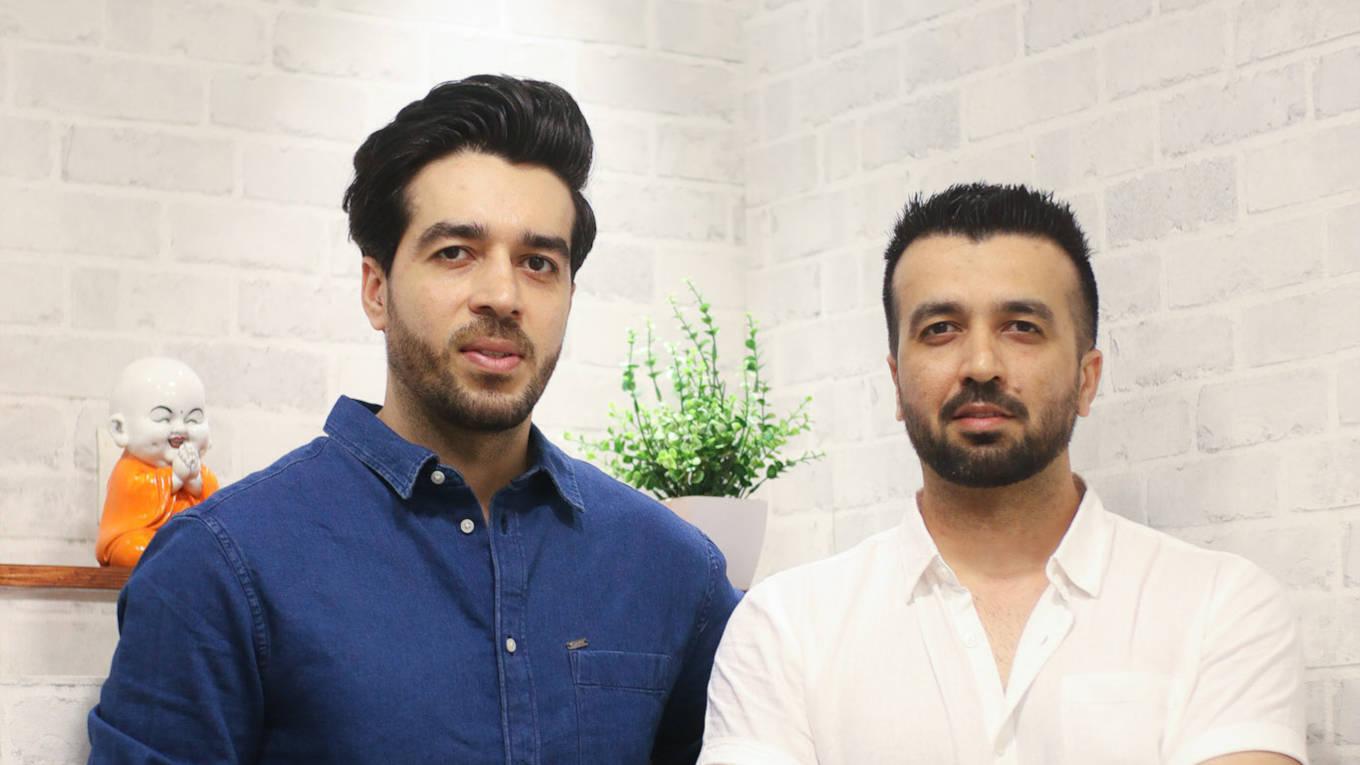Powerlook, the emerging Mumbai-based menswear brand, was founded in 2010 by Raghavendra and Amar Pawar, with the goal of providing India with chic, budget-friendly but high-street fashionable clothes. It is interesting to note that Raghav and Amar came up with the idea for Powerlook, when they were still in college in 2008 – at a time when they wanted to buy the latest street fashionwear that cost Rs300 or less so that it could fit into their monthly pocket money budget. However, none of the available brands could help. Either they were overpriced or the alternatives within their price range were. The brothers, inclined towards entrepreneurship, made the decision to look into the business potential of the T-shirt trade industry. “We had many difficulties because our families had no business or fashion experience, but we were motivated by street fashion, because it is well-known that college students want to wear stylish clothes,” says the duo, opening the first store in Mumbai’s Borivali West and selling T-shirts there. They began purchasing wholesale T-shirts and selling them at their shop in about 2011. “The menswear industry is driven by companies that demand exorbitant prices from their clients”, says Raghav, who aims to upend this market by bridging this gap and enabling clients to build contemporary, well-fitted and distinctive costumes at off-the-rack prices. By cutting out the middlemen and working directly with the best fabric distributors, “we found we can pass along our savings to you at a lower price,” he adds. But, what really helps Powerlook stand out from the competition against Zara, H&M and other off-the-rack brands is the fact that the plan to sell low-cost products at a decent quality took some time to materialise. However, a step-by-step approach helped them accomplish it. First, they decided to eliminate the middlemen. “There are several middlemen, each with their own margins, between us and the manufacturer, including a wholesaler, a distributor and a few more,” explains Amar. The brothers point out that they spent Rs300-350 for a T-shirt that usually costs Rs200. They were able to get the clothing at a considerably lower cost once they began speaking with producers directly. This helped them pass on the cost-benefit to their consumers. Straight from the mills After 2014, Raghav and Amar started contacting mills directly to get the fabric as the quantities started to rise. They partnered with factories in Delhi, Mumbai, Ludhiana and other cities to produce shirts, T-shirts, shorts, jeans, jackets, etc. Their SKUs now span several categories and range in price from Rs380 to Rs1,600. Planning and doing tasks ahead of time was another tactic that the organisation found to be effective. The brothers mention that they will create their prototypes in small batches and design some clothing in Mumbai. This saved time and allowed them to improve the product closer to their headquarters. When the product was finished, it was transferred to a different unit to be produced on a greater scale. They were able to gain the consumer’s confidence thanks to all of these tactics, and word-of-mouth advertising enabled the brand to grow. They have five locations open by 2019 in Mumbai – at Andheri West, Borivali West and Thane.
-

Amar and Raghav: motivated by street fashion

































